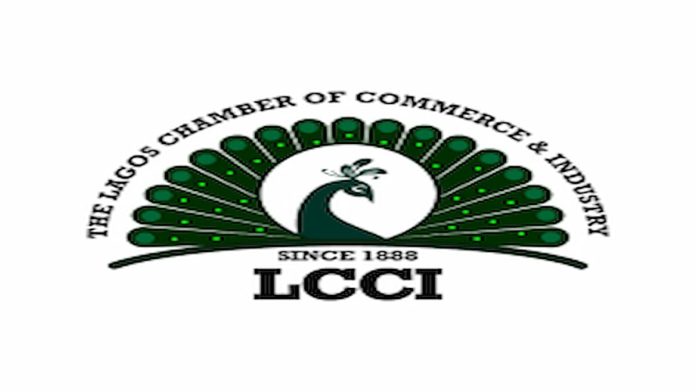The Lagos Chamber of Commerce and Industry (LCCI) has outlined key strategies for Nigeria to effectively utilize the recently approved $500 million World Bank loan while mitigating economic risks. LCCI Director General, Dr. Chinyere Almona, in a statement on Tuesday, acknowledged that the loan—part of the Community Action for Resilience and Economic Stimulus Programme—comes at a critical time as Nigeria faces economic challenges and rising debt concerns.
She noted that while the loan aims to support small businesses, vulnerable households, and food security, its long-term economic impact depends on transparent and efficient disbursement.
Almona warned that Nigeria’s rising debt burden, with the World Bank’s share of external debt reaching $17.32 billion, raises concerns about sustainability. She stressed that if not managed effectively, the loan could weaken investor confidence and hinder long-term reforms.
To maximize benefits, LCCI called for a robust monitoring and evaluation framework to prevent misallocation and ensure funds reach intended beneficiaries. Almona also urged the government to implement structural reforms that foster economic diversification, enhance productivity, and address foreign exchange challenges.
“The LCCI stands on the point that a more impactful stimulus for economic growth is solving the perennial problem of poor power supply and high energy costs,” she stated.
She emphasized that while the loan provides immediate relief, Nigeria’s long-term economic resilience will depend on sound policies, infrastructure development, and institutional reforms to drive sustainable growth.













